Here is the story of Richard Dobatse, a trader who managed to earn a million dollars only to lose most of it immediately after.
It doesn't come as a surprise that every trader may have a single goal in mind: to be successful and gain enormous returns from their investments. The idea of becoming a millionaire simply by trading some money online is undoubtedly exciting. Back in 2017, a man named Richard Dobatse happened to experience the exact same thing and he thought that it might be a great idea to register at Robinhood and start trading. Turned out it wasn't the wisest decision for him. How so? What can we learn from his experience?
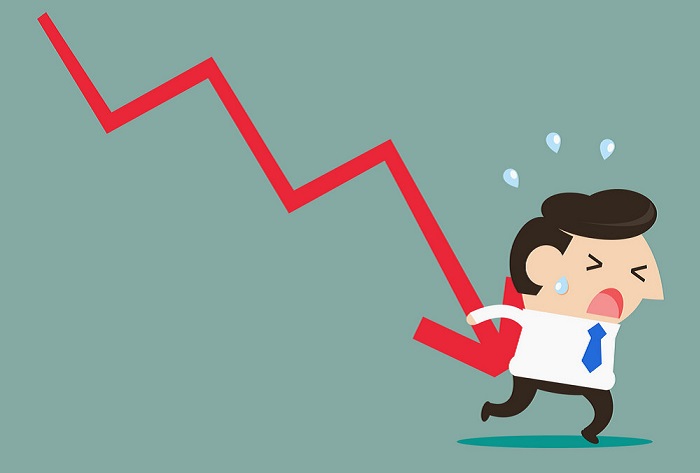
The Story of Richard Dobatse
Richard Dobatse is a Navy medic living in San Diego, California. One day, he stumbled across Robinhood and he was so charmed by the broker's one-click trading, easy access to complex investment products, and features like falling confetti and emoji-filled phone notifications. He said it made it feel like a game.
See Also:
According to The New York Times, Dobatse started off by funding his trading account with $15,000 in credit card advances. He tried trading a number of times but kept losing money. Instead of giving up and looking for other investment opportunities, he took out two loans for as much as $30,000 each so he could trade more speculative stocks and options. He was hoping that the profit will be enough to pay off his debts.
He did manage to generate money this time around, proven by his account balance that shot above $1 million that year. Unfortunately, he didn't get to enjoy much of it since he lost it all almost immediately. The last time he checked, his balance was at $6,956.
Dobatse's wife, Tashika Dobatse, told The Times that her husband didn't want to eat when trading and often got nightmares. Dobatse himself seemed upset with his loss, saying that "They make it so easy for people that don't know anything about stocks. Then you go there and you start to lose money."
Dobatse suffered his biggest loss back in March 2020, when he lost $860,000. In addition, he said that Robinhood did not respond to his emails and he was planning to take the case to financial regulators for arbitration.
Robinhood and Its Lures
Founded in 2013, Robinhood was introduced as a broker with no trading fees and account minimums. Such ease of trading has attracted millions of young Americans to invest and quickly turned the company into a Silicon Valley darling with over $8.3 billion valuations. It's considered one of the highest growth records in the tech industry since the recent market turmoil.
According to several sources, Robinhood's success was mainly driven by behavioral nudges and push notifications, which in turn drew many young and inexperienced traders into making risky investments. The research firm Alphacution said that Robinhood users often trade the riskiest products on the market and at the fastest pace too. Clearly, this makes them more vulnerable to getting losses, especially if they decide to trade with options.
Robinhood offers options trading and margin loans as an alternative to significantly amplify the trader's gains (or losses). The tagline used to advertise options was "quick, straightforward, and free". Clients can start trading options simply just by answering a few multiple-choice questions. And although beginners with no experience are technically prohibited to trade options, the app gives free coaches on how to change the answer and makes them seen as having "not much" experience. In the end, any user can trade options for free.
The issue is that sometimes traders are too brave to take bigger risks than what they anticipate. The broker also had some technological issues, like the case where its software accidentally reversed the direction of options trades back in 2018. As a result, many users got the opposite outcome from what they had expected. A while later, the software mistakenly allowed users to borrow infinite money to increase their position sizes, which, of course, means exposing them to bigger risks.
At some point, these dangers even led to more serious problems, like the case of Alex Kearns, who committed suicide at 20 after he logged into the app and figured out that his balance had dropped to -$730,000. The issue was mostly caused by some incomplete trades.
On the other hand, the core of Robinhood's business is to encourage the clients to do more trading. For instance, the broker simply eliminates trading fees while most brokers would charge at least $10 per trade. New members are gifted with a free share of stock, but only after they scratch off a picture that looked like a lottery ticket. The mobile app is also very beginner-friendly. There are many features that make investing more fun and feels like a game. On top of it all, trading in Robinhood is very easy and quick.
To conclude, Robinhood does not force its clients to trade, but it creates a condition that can tempt and sort of lure people to increase their trades. The reason is that although the broker doesn't charge extra fees for trading, it would still gain bigger profits if the clients make more trades.
The Debate Continues
The unfortunate case of Richard Dobatse has sparked a rather new discussion about Robinhood and the stock market in general. Some people like Mr. Dobatse himself believe that the broker must be responsible for its clients' losses. Robinhood is also said to expose its clients to much bigger risks in options trading compared to regular stock trading and allow its users to take bigger risks.
This is actually quite concerning, considering that the average users' age in Robinhood is 31 years old, which means there are lots of young investors with little knowledge about trading registered there.
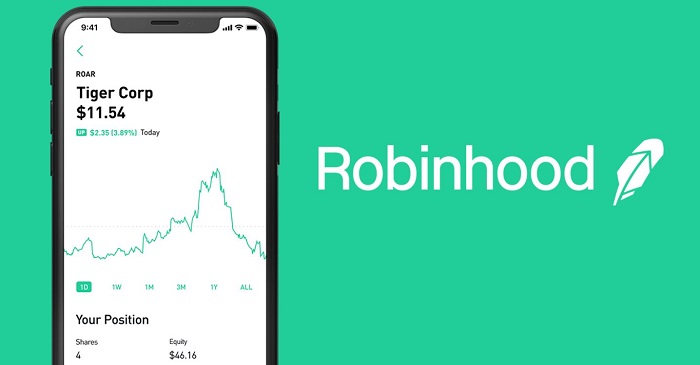
Meanwhile, there are also a handful of people that seem to disagree with such a point of view. Some believe that it was Dobatse's fault for keep trading and taking loans even after he already lost a lot of money in the previous trades. In other words, traders should be responsible for their own actions and accept the consequences of the risks they chose to take. After all, it is undeniable that Robinhood never forces anyone to make any trade on the platform.
The Bottom Line
The case of Richard Dobatse taught us that stock trading is definitely not a shortcut to become a millionaire. You can't rely on your trades so much because the risks are high. After all, market failure is not uncommon in the stock market. Over the years, we have heard that many investors have lost enormous money and never receive the returns they expect when stock trading. That being said, you could easily lose all your money in a single trade if you don't plan your trade carefully.
Trading on platforms like Robinhood is also tricky because, on one side, it provides a rather favorable condition to trade easily, but on the other side, it can be quite tempting to trade bigger and risk more than you can afford.
However, that is not to say that you can't make money in the stock market. In fact, it can be quite a rewarding investment, but only if you know how to handle it properly. The best thing you can do is to prepare yourself for unexpected events and build a solid trading strategy before entering the market. Today there are many risk management tools and strategies that you can use to limit your potential loss, such as stop loss orders and risk-to-reward ratio. The key is to always be rational and never trade more than you can afford to lose.
If you're still new to stock trading, try using a demo account first to test your strategy and learn how the market works. Once you feel more confident with your skills, you can then try to trade with a live trading account and risk real money.

 Dedicated FREE FOREX VPS
Dedicated FREE FOREX VPS Free FOREX Virtual Private Server
Free FOREX Virtual Private Server MT4 Demo Contest, Get $500
MT4 Demo Contest, Get $500 Sign Up for an Account, Claim 60% Deposit Bonus
Sign Up for an Account, Claim 60% Deposit Bonus Free MT4/MT5 VPS 2024
Free MT4/MT5 VPS 2024 Send E-mail and Get Free Merchandise
Send E-mail and Get Free Merchandise $1K Refer a Friend Bonus for Pepperstone Pro clients
$1K Refer a Friend Bonus for Pepperstone Pro clients Maximize Your Earnings with 100% Deposit bonus
Maximize Your Earnings with 100% Deposit bonus Trade to Win, $5,000 Monthly Demo Contest
Trade to Win, $5,000 Monthly Demo Contest Claim 30% + 15% Deposit Bonus from LiteFinance
Claim 30% + 15% Deposit Bonus from LiteFinance



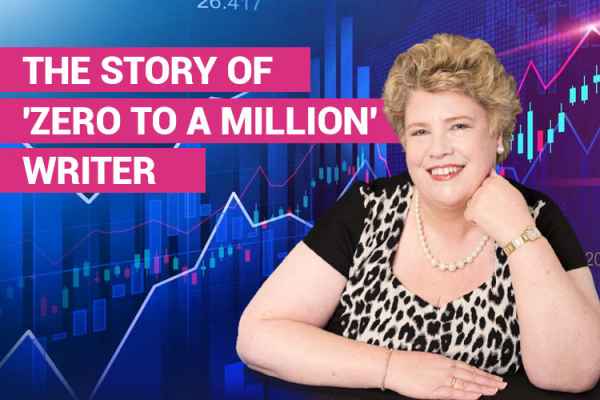
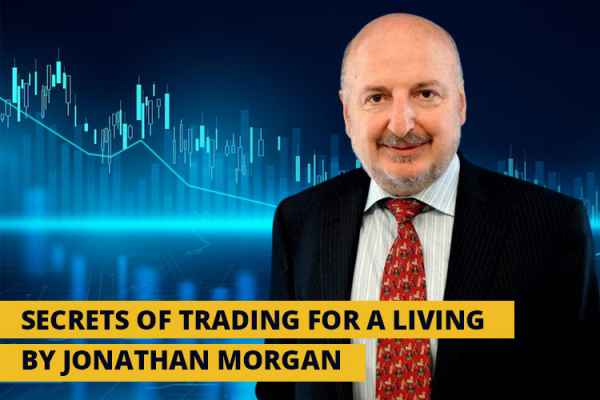

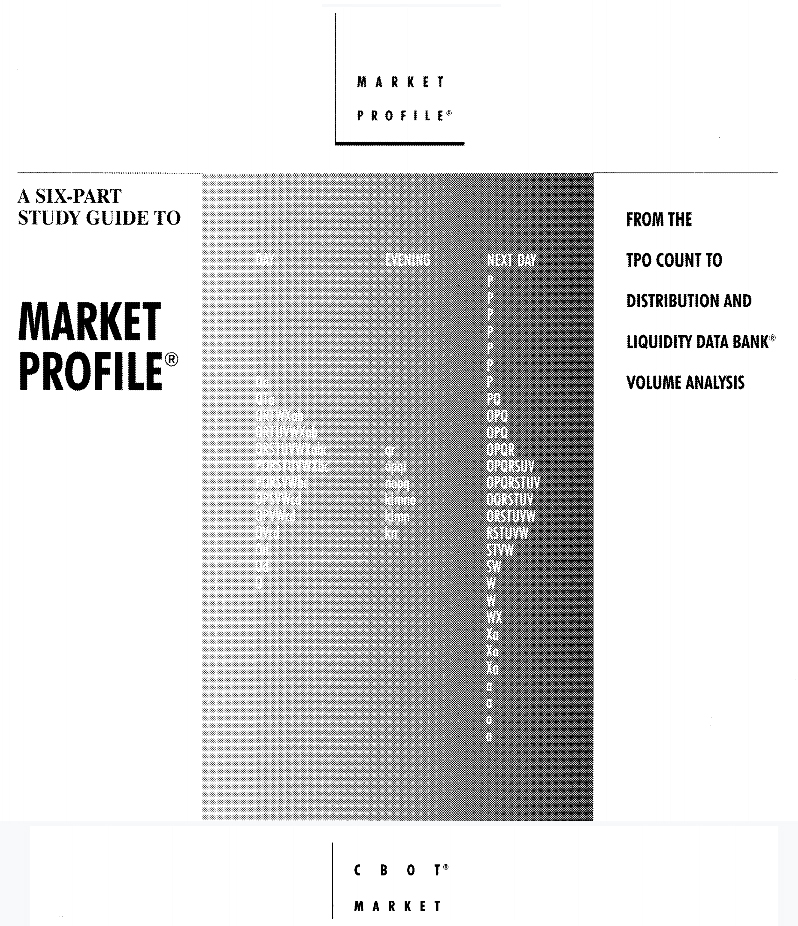




















11 Comments
Jillian
May 25 2022
What is the best risk management strategy for stock trading?
Divany
Jun 30 2022
Jillian: You could use tools like stop losses and take profits to reduce risks, but the most important thing is to have the right mindset. This means, you should know yourself and build a plan based on what you need and what you're capable of. Consider using the one percent rule and remember to never risk more than you can afford.
Qyhzhan
Jun 18 2022
Is trading in Robinhood still worth it?
Divany
Jul 28 2022
Qyhzhan: Robinhood is a great broker if you're looking for an easy-to-use platform and wanting to trade US stocks for free. But for long-term investors, choosing an IRA account with a mainstream broker might be a better option.
Kyle
Jun 30 2022
Is Robinhood a safe broker?
Divany
Jul 28 2022
Kyle: Robinhood is a broker regulated by top-tier financial authorities, namely SEC and FINRA, but even that doesn't guarantee full safety of trader's accounts. In the last few years, Robinhood has been fined by FINRA for the lack of transparency and serious platform outages that could harm the customers. Therefore, please consider the risks before registering.
Oscar Walter
Jul 13 2022
What is the best risk-to-reward ratio for stock trading?
Divany
Aug 15 2022
Oscar Walter: Most guides would tell you that the "safe" risk to reward ratio is at least 1:2, which means you're risking $1 to potentially make $2.
However, keep in mind that this still won't guarantee that you'll succeed. Instead, combine the ratio with your winning rate in order to know whether you'll make money in the long run.
Moswen
Jul 29 2022
What is the best broker to trade stocks?
Divany
Aug 15 2022
Moswen: There are loads of great brokers for stock trading. Some of the most popular ones are TD Ameritrade, Interactive Brokers, etc.
Max Jackson
Feb 17 2023
There are many cases of cryptocurrency theft currently on circulation which I also fell victim to last year December but I was fortunate to lookup rottgenraphael {at}gmai| c0m who completely restored my losses. He's the real deal.